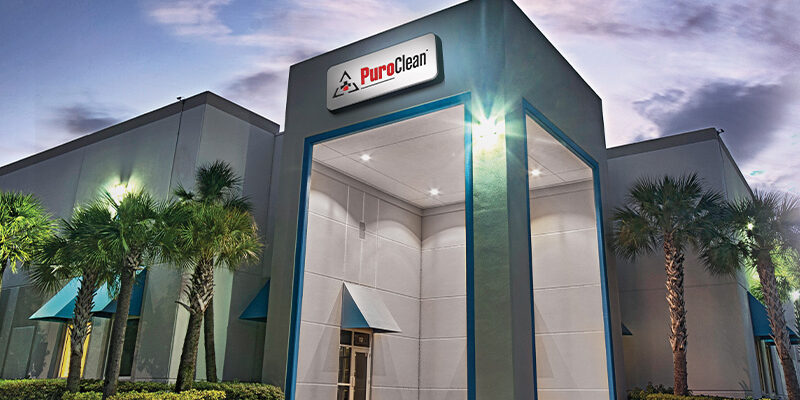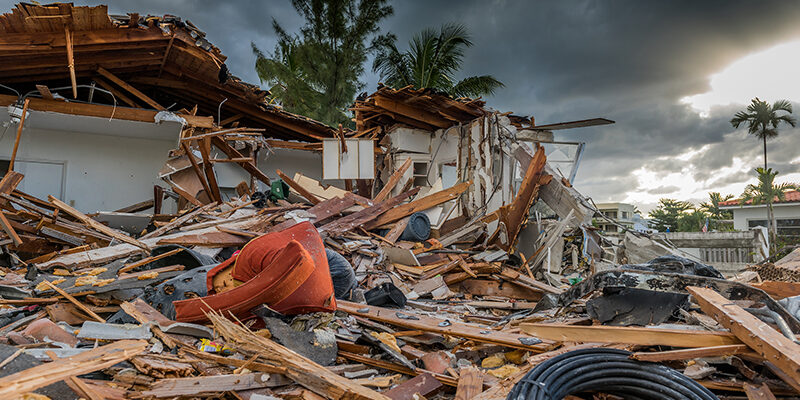Robots Help Prevent the Spread of Coronavirus

UNITED STATES—February 12, 2020—As healthcare providers and officials work to contain the coronavirus here and abroad, they are turning to robotic devices for help. According to Forbes Magazine, doctors, airport officials, and hotel staff are using a variety of high-tech telehealth and cleaning machines to stop the spread of coronavirus by limiting contact with infected patients and environments.
For example, Forbes reports that doctors in the Washington hospital that treated the first confirmed U.S. case of coronavirus used a telehealth device called Vici. The device, which looks like a tablet on wheels, allowed the doctors at Providence Regional Medical Center in Everett, Washington to interact with the patient on screen, reducing the risk of person-to-person transmission of the virus.
“Caregivers provide care within the isolation unit, but technology is allowing us to reduce the number of up-close interactions,” explains Dr. Amy Compton-Phillips, chief clinical officer at Providence Regional. “Minimizing the spread of this new virus is especially important because we have not yet built up any immunity to it.” Forbes reports that in China, where the virus originated, other types of robots are being used to deliver meals and medication and to collect bed sheets and trash in order to minimize exposure in both hospitals and quarantine facilities.
There is also increasing demand for cleaning and disinfecting robots, according to Forbes. Xenex, a company based in San Antonio, Texas, manufactures a device that uses pulsed xenon UVC light to kill pathogens without the need for human contact. Company spokesperson Melinda Hart says the machines are currently being used to disinfect rooms in facilities where there are suspected cases of coronavirus. “We’ve also been in contact with government contacts in China and the U.S. to explore how quickly we could export robots to China,” Hart said.
Additionally, the LAX airport in Los Angeles has begun using a device called the GermFalcon to disinfect inbound planes from China. Dimer, the company that manufactures the device, has offered LAX use of the $100,000 machine for free during the outbreak, according to Forbes. Dimer President Elliot M. Kreitenberg explained how the GermFalcon kills germs to prevent the spread of coronavirus and other infections: “Our machine fits in the interior of a plane like a puzzle piece and delivers high doses of ultraviolet light to the surfaces that you are most in contact with in a long-haul flight.”
Despite the help of these new technologies to contain the virus, Forbes reports that Wuhan coronavirus has already spread faster than the SARS coronavirus outbreak of 2003. As a result, new cleaning technologies and best practices will likely continue to play an important role in gaining control of the outbreak. Visit the ISSA resource page, www.issa.com/coronavirus, where you can access current information about the Wuhan coronavirus, and keep checking back for all of Cleanfax’s news and updates on the coronavirus outbreak.












